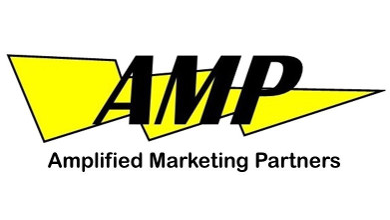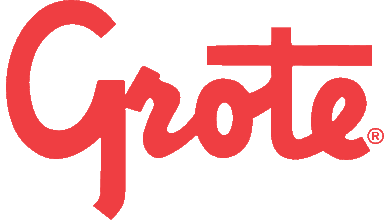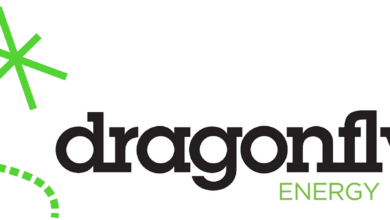RV News
AMP Announces its Launch as Manufacturer’s Rep

AMP (Amplified Marketing Partners) is a new manufacturer rep agency. The company was founded by Kurt Free (ARC), Mike Willhoff (Leisure Time Marketing) and Rob Rapose (Rapose Ent.). Together, company executives have close to 100 years of RV aftermarket experience, and its principals said they are excited to join forces and help RV suppliers grow their exposure and increase sales in the RV aftermarket.
The company’s services include nationwide sales coverage, product training, marketing and merchandising help as well as new product introduction.
For more information or to contact AMP, visit the website here.




